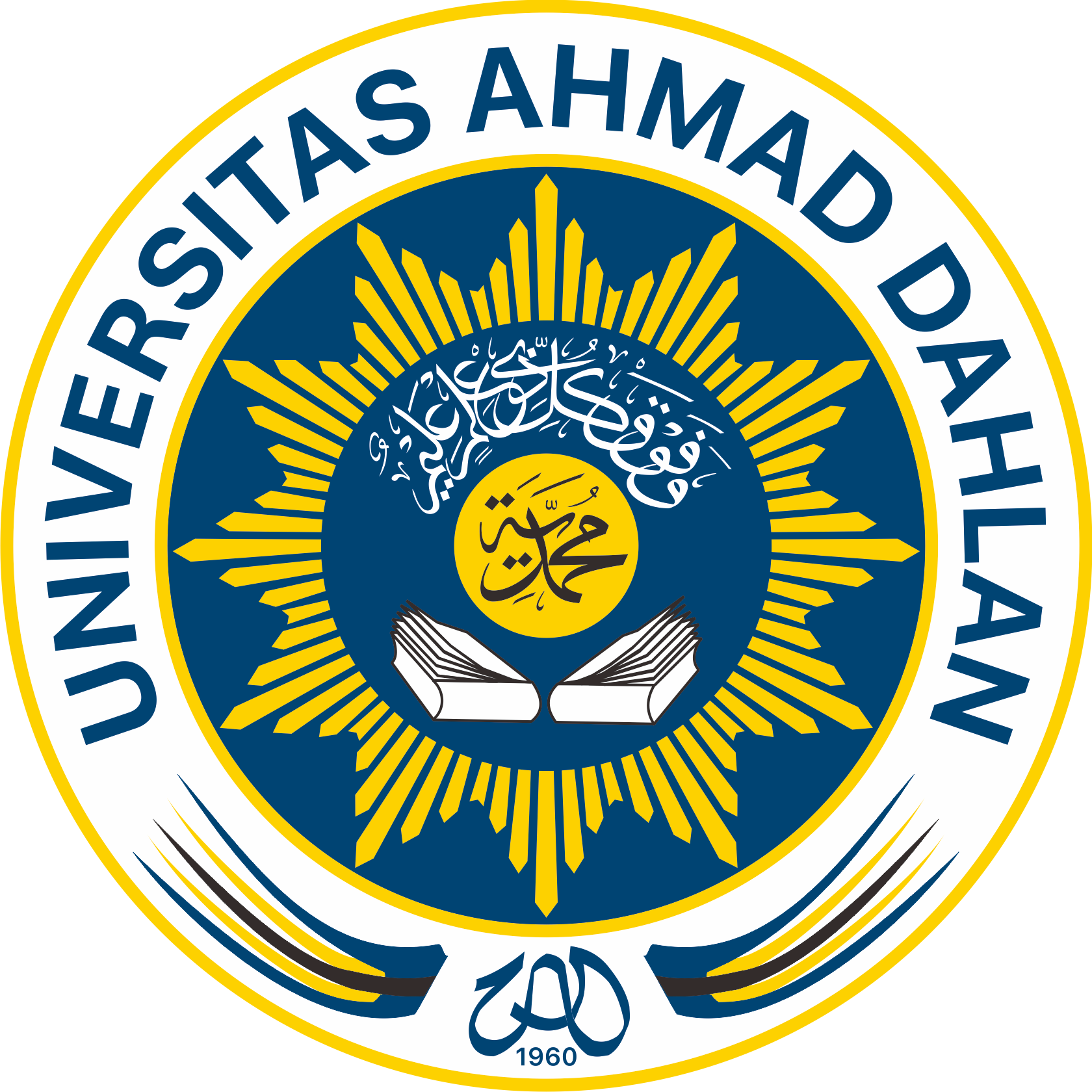Development Of Waqf Based Microfinance And Its Impact In Alleviating The Poverty
DOI:
https://doi.org/10.12928/ijiefb.v2i2.879Keywords:
Waqf, Poverty alleviation, and MicrofinanceAbstract
The purpose of this paper is to discuss the potential role of the institution of Waqf in poverty alleviation. Poverty is a complex, multi-dimensional phenomenon that has captured the attention of numerous scholars and agencies globally. The social role of the Islamic financial sector can be best exemplified by providing finance to the poor to increase their income and wealth. This paper will explore on how microfinance can be provided on Shariah compliant basis through Waqf model. This research also reviewing the development of the integrated Waqf based Islamic microfinance which aimed to provide solutions to reduce poverty. An integration of Waqf-based Islamic microfinance (IWIM) model is proposed to address all the practical challenges of microfinance faced in Muslim communities. In this model, microfinance is practised in compliance with Shari’ah to address the multi-dimensional aspects of poverty and empowering the poor in order to enhance the socio-economic development and hence the well- being of the Ummah. With this aspiration, the IWIM model aims to tackle the challenges related to the scarcity of capital, inadequate human resources, absence of proper Takaful programs and project financing in an integrated approach. However, Waqf based microfinance still may be facing some problems should be addressed which related to credit risk, moral hazard, and economic viability.
References
Çizakça, Muratz (1998), “Awqaf In History and Its Implications For Modern Islamic Economies†Islamic Economic Studies Vol. 6, No. 1.
Habib, Ahmed. (2002), Financing Microenterprises: An Analytical, Study of Islamic Microfinance Institutions, Islamic Research and Training Institute Journal, Vol. 9, No.2.
Hassan, K. (2010), “An Integrated Poverty Alleviation Model Combining Zakat, Awqaf and Micro-Finance†Seventh International Conference – The Tawhidi Epistemology: Zakat and Waqf Economy, Bangi 2010.
Pramanik, A., Mohammed, M. O., Haneef, M.A., (2015), “Integration of Waqf and Islamic Microfinance for Poverty Reduction: Case Studies of Malaysia, Indonesia, and Bangladeshâ€. SESRIC and International Islamic University Malaysia, Gombak, Kuala Lumpur.
Sadeq, AbulHasan M., (2002), "Waqf, perpetual charity and poverty alleviation", International Journal of Social Economics, Vol. 29 Issue: 1/2, pp.135-151
Shaikh, S.A., Ismail, A. G., Shafiai, (2017), "Application of Waqf for social and development finance", ISRA International Journal of Islamic Finance, Vol. 9 Issue: 1, pp.5-14.
Asmy, M. (2018), “A qualitative inquiry into cash waqf model as a source of financing for micro enterprisesâ€, ISRA International Journal of Islamic Finance, Vol. 10 No. 1, pp. 19-35.
Raimi, L., Patel, A., Adeopo, I., (2014), “Corporate social responsibility, Waqf system and Zakat system as faith-based model for poverty reductionâ€, World Journal of Entrepreneurship, Management and Sustainable Development Vol. 10 No. 3, pp. 228-242.
Noordin, N. H., Haron. S. N., Kassim, S. (2017), “Developing a comprehensive performance measurement system for waqf institutionsâ€. International Journal of Social Economics Vol. 44 No. 7, pp. 921-936
Elgari, M.A. (2004), “The Qard Hassan bankâ€, paper presented at the International Seminar on Nonbank Financial Institutions: Islamic Alternatives, 1-3 March, Kuala Lumpur.
Tohirin, A. (2010), “The cash waqf for empowering the small businessesâ€, paper presented at the 7th International Conference on the Tawhidi Epistemology: Zakat and Waqf Economy, Bangi.
Lahsasna, A. (2010), “The role of cash-waqf in financing micro and medium-sized enterprisesâ€, paper presented at the 7th International Conference on the Tawhidi Epistemology: Zakat and Waqf Economy, 6 January, Bangi, Selangor.
Wulandari, P., Kassim, S. (2015), “Issues and challenges in financing the poor: case of Baitul Maal Wa Tamwil in Indonesiaâ€, International Journal of Bank Marketing Vol. 34 No. 2, 2016 pp. 216-234.
Haneef, M. A., Pramanik, A., Mohammed, M. O., Amin, M. F., Muhammad, A. D., (2015), “Integration of waqf-Islamic microfnance model for poverty reduction The case of Bangladeshâ€. International Journal of Islamic and Middle Eastern Finance and Management Vol
Downloads
Published
Issue
Section
License
License and Copyright Agreement
In submitting the manuscript to the journal, the authors certify that:
- They are authorized by their co-authors to enter into these arrangements.
- The work described has not been formally published before, except in the form of an abstract or as part of a published lecture, review, thesis, or overlay journal. Please also carefully read Ihtifaz, Journal of Islamic Economics, Finance, and Banking Posting Your Article Policy at http://journal2.uad.ac.id/index.php/ijiefb/about/submissions#onlineSubmissions
- That it is not under consideration for publication elsewhere,
- That its publication has been approved by all the author(s) and by the responsible authorities “tacitly or explicitly“ of the institutes where the work has been carried out.
- They secure the right to reproduce any material that has already been published or copyrighted elsewhere.
- They agree to the following license and copyright agreement.
Copyright
Authors who publish with Ihtifaz, Journal of Islamic Economics, Finance, and Banking agree to the following terms:
- Authors retain copyright and grant the journal right of first publication with the work simultaneously licensed under a Creative Commons Attribution License (CC BY-SA 4.0) that allows others to share the work with an acknowledgment of the work's authorship and initial publication in this journal.
- Authors are able to enter into separate, additional contractual arrangements for the non-exclusive distribution of the journal's published version of the work (e.g., post it to an institutional repository or publish it in a book), with an acknowledgment of its initial publication in this journal.
- Authors are permitted and encouraged to post their work online (e.g., in institutional repositories or on their website) prior to and during the submission process, as it can lead to productive exchanges, as well as earlier and greater citation of published work.
_1.png)


